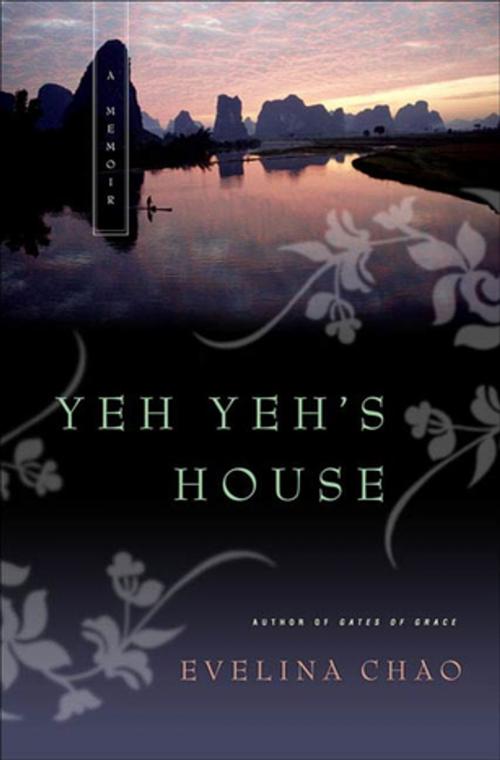| Author: | Evelina Chao | ISBN: | 9781429902724 |
| Publisher: | St. Martin's Press | Publication: | April 1, 2007 |
| Imprint: | St. Martin's Press | Language: | English |
| Author: | Evelina Chao |
| ISBN: | 9781429902724 |
| Publisher: | St. Martin's Press |
| Publication: | April 1, 2007 |
| Imprint: | St. Martin's Press |
| Language: | English |
Growing up Chinese in Virginia in the Fifties, Evelina Chao's sense of historical or cultural context was colored by the images contained in her grandfather Yeh-Yeh's letters and news of his life as an eminent poet, philosopher, and theologian in Beijing. Her geologist father and biologist mother suffered a kind of cultural dyslexia in the American South, having fled Beijing after the Maoist Revolution in 1949. The young Evelina, foreign and isolated, believed that in China she would find the meaning of her life.
And then she found music. The rigors of training to become a professional classical musician seduced her into thinking she no longer required Yeh-Yeh's benediction, that her Chinese heritage was secondary. When Yeh-Yeh died at 92, she realized that her mythical notions of China had died with him. All that reminded her were her uncles and aunts who still lived in the family house in Beijing.
Accompanied by her mother, acting as her interpreter and all-around passport, she traveled to Beijing when China was undergoing rapid transformation following the Cultural Revolution in the early 1980s, two years before the Tiananmen uprising. Every trace of old China was being expunged, the ancient neighborhoods plowed under. Yeh-Yeh's House is a voyage of self-discovery and mother-daughter understanding set against the backdrop of a China that no longer exists.
Growing up Chinese in Virginia in the Fifties, Evelina Chao's sense of historical or cultural context was colored by the images contained in her grandfather Yeh-Yeh's letters and news of his life as an eminent poet, philosopher, and theologian in Beijing. Her geologist father and biologist mother suffered a kind of cultural dyslexia in the American South, having fled Beijing after the Maoist Revolution in 1949. The young Evelina, foreign and isolated, believed that in China she would find the meaning of her life.
And then she found music. The rigors of training to become a professional classical musician seduced her into thinking she no longer required Yeh-Yeh's benediction, that her Chinese heritage was secondary. When Yeh-Yeh died at 92, she realized that her mythical notions of China had died with him. All that reminded her were her uncles and aunts who still lived in the family house in Beijing.
Accompanied by her mother, acting as her interpreter and all-around passport, she traveled to Beijing when China was undergoing rapid transformation following the Cultural Revolution in the early 1980s, two years before the Tiananmen uprising. Every trace of old China was being expunged, the ancient neighborhoods plowed under. Yeh-Yeh's House is a voyage of self-discovery and mother-daughter understanding set against the backdrop of a China that no longer exists.















